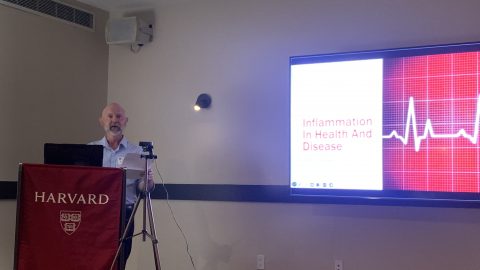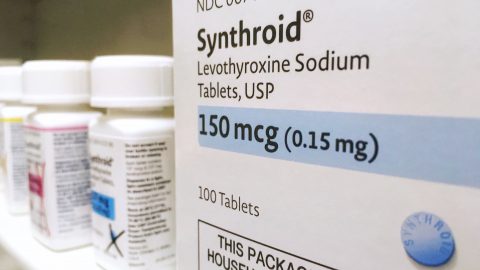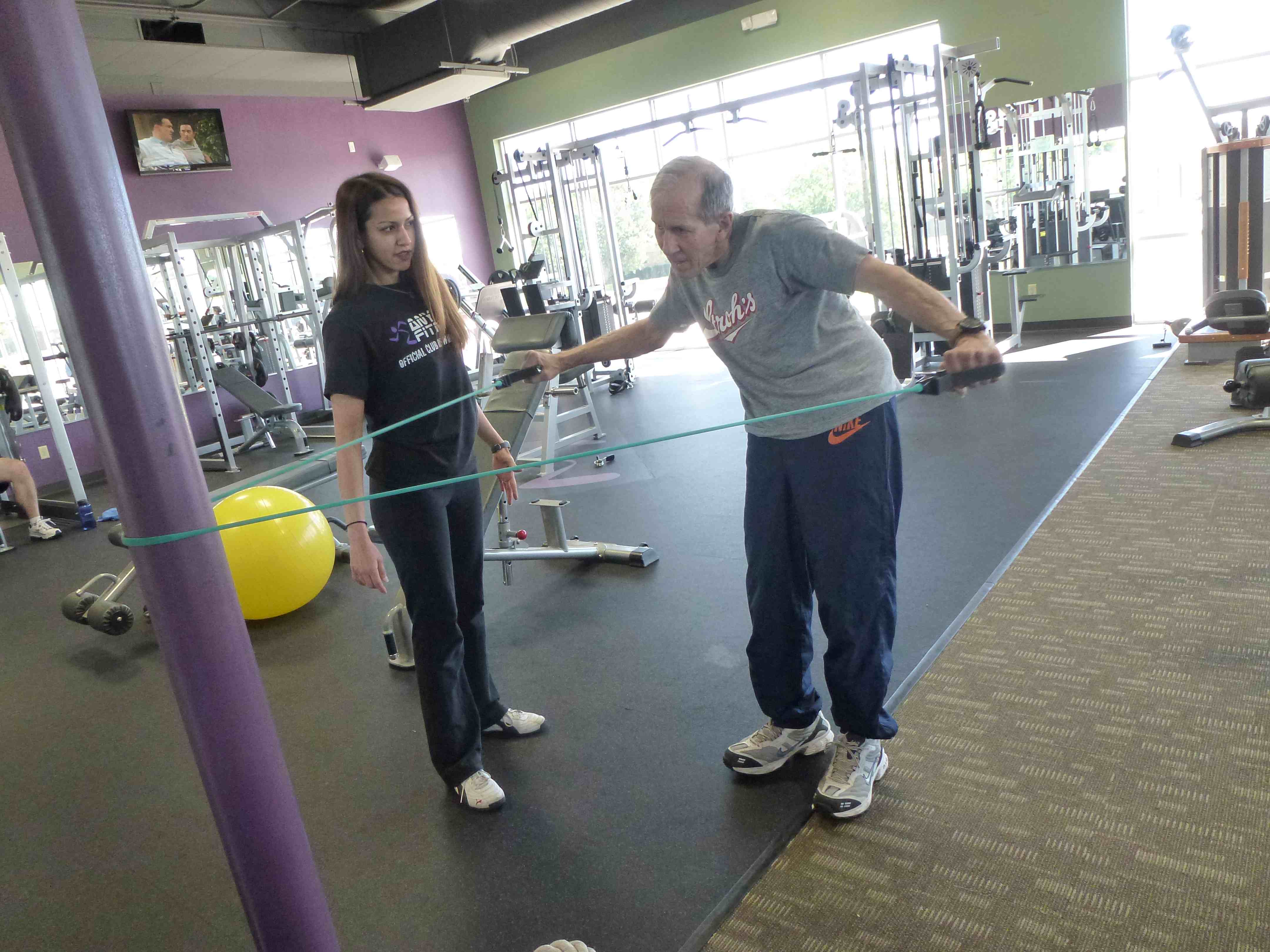I read an awful lot of studies on nutrition, supplements, and so forth per my job, most not really worth noting here on BZ. Not that they are bad studies per se, but they don’t really tend to tell us anything we don’t already know or add much to the body of knowledge. Once in a while a study comes out that really deserves some discussion, and this is one of those. The most common criticisms of such nutritional studies are they don’t run long enough to really see the differences between diets, and or, they’re not large enough to see differences between groups. Other criticisms are a lack of focus on the quality of the foods ingested. These and other criticisms often result in people ignoring the findings of various studies that examine say one dietary approach vs another on end points such as weight loss.
One of the big debates in nutrition is a low carb vs low fat diet on weight loss. This recent study, published in the Journal of the American Medical Association (JAMA. 2018;319(7):667-679) had over 600 adults, attempted to focus on the quality of the food, and ran 12 months! The study also examined genotype pattern and insulin secretion. Frankly, I’m surprised this one has not gotten more attention than it did, but I suspect that’s due to the results, but I digress…
The mean macronutrient distributions in the healthy low fat was diet (HLF) vs the healthy low carb diet (HLC), respectively, were 48% vs 30% for carbohydrates, 29% vs 45% for fat, and 21% vs 23% for protein. So obviously not a keto diet per se, but still a substantial macro nutrient difference in F/C to parse out the differences. It’s also important to note the protein intakes were essentially the same. Another common criticism of nutritional studies is they often fail to match protein intakes between groups, then claim the effects were due to the differences in fat or carbs!
So what were the results? Pretty much what I had expected. When the source calories are healthy, isocaloric, and protein the same between groups, the effects are essentially the same. The HLF diet group lost 5.3 kg vs the HLC diet group that lost 6.0 kg, “…and there was no significant diet-genotype interaction or diet-insulin interaction with 12-month weight loss.”
Yet again, a well-designed study that lasted a year, well controlled, focused on quality nutrition, matched for protein, finds magical macro manipulations resulted in nadda for differences in weight loss and other end points examined between groups. A result I would have fully expected. The study tested two primary hypothesis, “… that there is a significant diet × genotype pattern interaction for weight loss. The second primary hypothesis was that there is a significant diet × insulin secretion interaction for weight loss.” Neither of those two hypothesis were supported via the findings of this study. That is, neither genetics nor insulin were apparently responsible for the effects as both groups lost a similar amount of weight. Understandably, there’s considerable interest in identifying “…genetic variants that help explain interindividual differences in weight loss success in response to diet interventions, particularly diets with varying macronutrient compositions.” This study suggests those genetic differences do not play an essential role in weight loss regardless of macro nutrient split, nor does the dreaded “fat promoting” hormone insulin, at least not during reduced calorie intakes and a focus on healthy foods consumed. The authors concluding “neither of the 2 hypothesized predisposing factors was helpful in identifying which diet was better for whom.”
Does that mean macro nutrient ratios have no impact on weight loss or body composition? No, but it does suggest what I and others have been saying for decades, total calories is still the primary driver of weight loss and no amount of “magical macro manipulations” will ever change that. Would the results have been different had the differences in macro ratios been more extreme as no doubt some will claim? Probably not, and data tends to support that. Two, while there may be some minor differences in body composition experienced between extremes in macros, one has to also consider long term health and sustainability of such diets. That’s a topic for a different day, but many a popular nutritional approaches that stress extremes in macros to achieve changes in body comp, are rarely sustainable long term and are questionable as to their long term health benefits, or lack there of, and the actual long term differences vs a more balanced approach, minimal at best.
Is this a perfect study? No. There’s no perfect studies when humans are involved, and actually controlling all the possible confounding variables in 600+ people, while not impossible per se, so horrendously expensive and difficult to achieve, it may as well be viewed as impossible. This study however did a commendable job of controlling the variables to get some answers examining the questions they asked below.
As far as secondary outcomes, “…both diets improved lipid profiles and lowered blood pressure, insulin, and glucose levels, with the exception of low-density lipoprotein cholesterol concentrations, which increased for participants in the healthy low-carbohydrate group. The 12-month changes in low-density lipoprotein cholesterol concentrations significantly favored a healthy low-fat diet. High-density lipoprotein cholesterol concentrations increased significantly more and concentrations of triglycerides decreased significantly more for the healthy low-carbohydrate diet group than for the healthy low-fat diet group. The decrease in the prevalence of the metabolic syndrome was not significantly different between the diet groups.”
It would appear both diets had benefits to lipid profiles, but differed in those effects and benefits to lipids however. The reader can take that for what it’s worth as it relates to their health.
Effect of Low-Fat vs Low-Carbohydrate Diet on 12-Month Weight Loss in Overweight Adults and the Association With Genotype Pattern or Insulin Secretion. The DIETFITS Randomized Clinical Trial
Key Points
Question What is the effect of a healthy low-fat (HLF) diet vs a healthy low-carbohydrate (HLC) diet on weight change at 12 months and are these effects related to genotype pattern or insulin secretion?
Findings In this randomized clinical trial among 609 overweight adults, weight change over 12 months was not significantly different for participants in the HLF diet group (−5.3 kg) vs the HLC diet group (−6.0 kg), and there was no significant diet-genotype interaction or diet-insulin interaction with 12-month weight loss.
Meaning There was no significant difference in 12-month weight loss between the HLF and HLC diets, and neither genotype pattern nor baseline insulin secretion was associated with the dietary effects on weight loss.
Abstract
Importance Dietary modification remains key to successful weight loss. Yet, no one dietary strategy is consistently superior to others for the general population. Previous research suggests genotype or insulin-glucose dynamics may modify the effects of diets.
Objective To determine the effect of a healthy low-fat (HLF) diet vs a healthy low-carbohydrate (HLC) diet on weight change and if genotype pattern or insulin secretion are related to the dietary effects on weight loss.
Design, Setting, and Participants The Diet Intervention Examining The Factors Interacting with Treatment Success (DIETFITS) randomized clinical trial included 609 adults aged 18 to 50 years without diabetes with a body mass index between 28 and 40. The trial enrollment was from January 29, 2013, through April 14, 2015; the date of final follow-up was May 16, 2016. Participants were randomized to the 12-month HLF or HLC diet. The study also tested whether 3 single-nucleotide polymorphism multilocus genotype responsiveness patterns or insulin secretion (INS-30; blood concentration of insulin 30 minutes after a glucose challenge) were associated with weight loss.
Interventions Health educators delivered the behavior modification intervention to HLF (n = 305) and HLC (n = 304) participants via 22 diet-specific small group sessions administered over 12 months. The sessions focused on ways to achieve the lowest fat or carbohydrate intake that could be maintained long-term and emphasized diet quality.
Main Outcomes and Measures Primary outcome was 12-month weight change and determination of whether there were significant interactions among diet type and genotype pattern, diet and insulin secretion, and diet and weight loss.
Results Among 609 participants randomized (mean age, 40 [SD, 7] years; 57% women; mean body mass index, 33 [SD, 3]; 244 [40%] had a low-fat genotype; 180 [30%] had a low-carbohydrate genotype; mean baseline INS-30, 93 μIU/mL), 481 (79%) completed the trial. In the HLF vs HLC diets, respectively, the mean 12-month macronutrient distributions were 48% vs 30% for carbohydrates, 29% vs 45% for fat, and 21% vs 23% for protein. Weight change at 12 months was −5.3 kg for the HLF diet vs −6.0 kg for the HLC diet (mean between-group difference, 0.7 kg [95% CI, −0.2 to 1.6 kg]). There was no significant diet-genotype pattern interaction (P = .20) or diet-insulin secretion (INS-30) interaction (P = .47) with 12-month weight loss. There were 18 adverse events or serious adverse events that were evenly distributed across the 2 diet groups.
Conclusions and Relevance In this 12-month weight loss diet study, there was no significant difference in weight change between a healthy low-fat diet vs a healthy low-carbohydrate diet, and neither genotype pattern nor baseline insulin secretion was associated with the dietary effects on weight loss. In the context of these 2 common weight loss diet approaches, neither of the 2 hypothesized predisposing factors was helpful in identifying which diet was better for whom.
Full Paper HERE
Will Brink is the owner of the Brinkzone Blog. Will has over 30 years experience as a respected author, columnist and consultant, to the supplement, fitness, bodybuilding, and weight loss industry and has been extensively published. Will graduated from Harvard University with a concentration in the natural sciences, and is a consultant to major supplement, dairy, and pharmaceutical companies.
His often ground breaking articles can be found in publications such as Lets Live, Muscle Media 2000, MuscleMag International, The Life Extension Magazine, Muscle n Fitness, Inside Karate, Exercise For Men Only, Body International, Power, Oxygen, Penthouse, Women’s World and The Townsend Letter For Doctors.
He’s also been published in peer reviewed journals.
Will is the author of the popular e-books, both accompanied by private members forum access , Bodybuilding Revealed & Fat Loss Revealed.
You can also buy Will’s other books on Amazon, Apple iBook, and Barnes and Noble.









